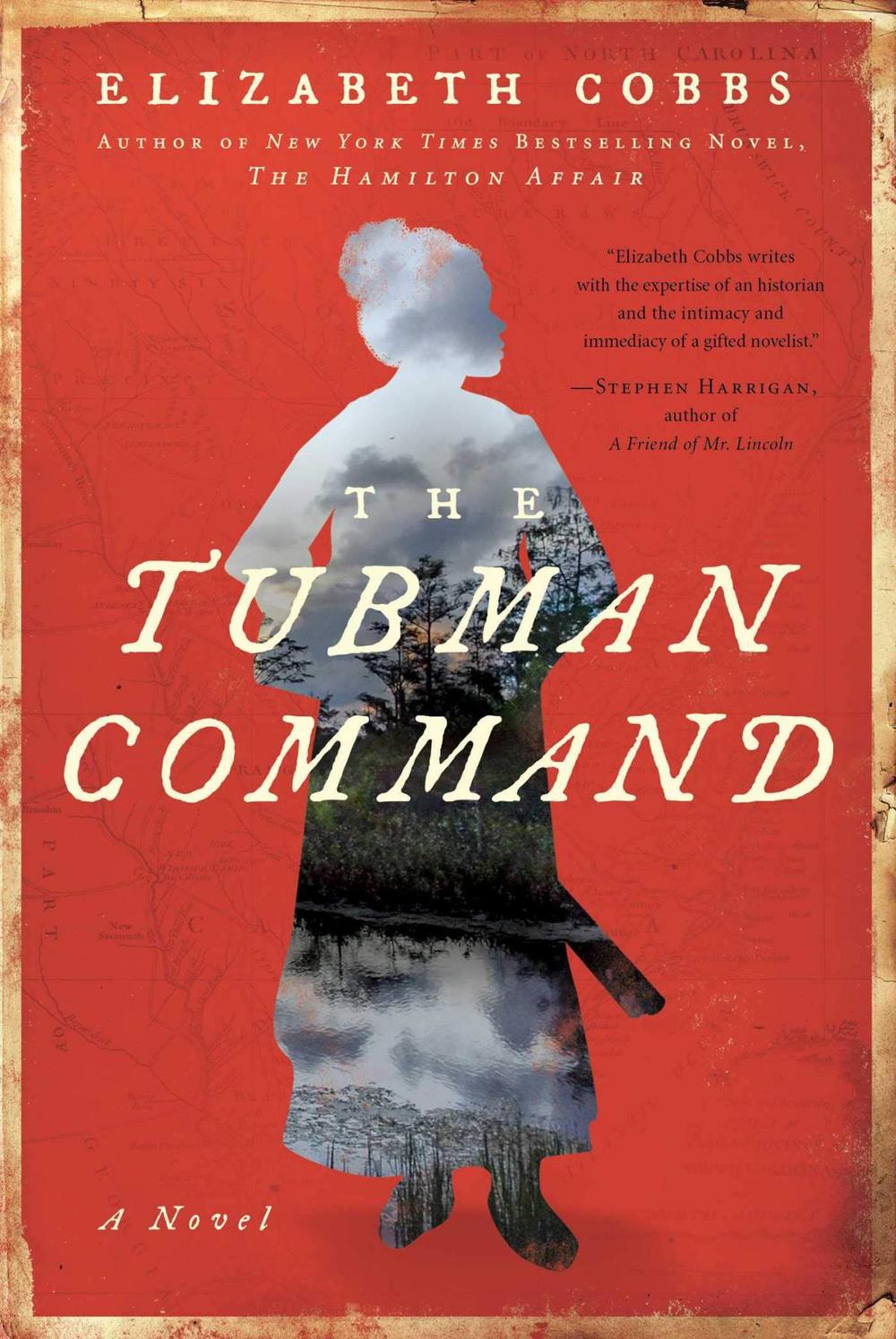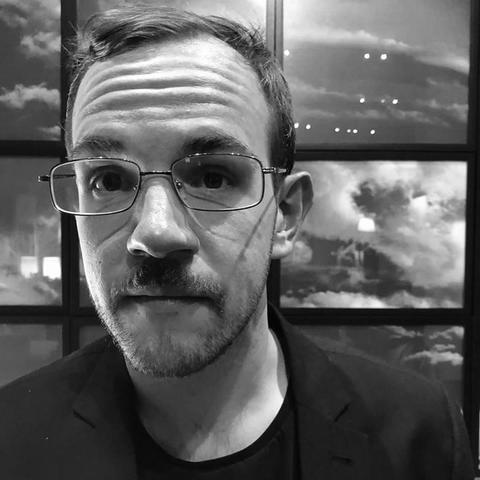Section Branding
Header Content
Harriet The Spy: Author Brings Tubman's Civil War Espionage To Life In New Novel
Primary Content
There are some stories that bear repeating over and over. One of those stories is Harriet Tubman’s. A new movie about the heroic abolitionist, known as the “Moses of her people”, is coming out Nov. 1.
Tubman, who escaped slavery and established an underground railroad network to free others, may have also been known as "Harriet, the Spy." Historian and best-selling author Elizabeth Cobbs spoke with On Second Thought host Virginia Prescott about Tubman's involvement as a nurse and scout serving the U.S. Army during a critical point of the Civil War.
On Second Thought host Virginia Prescott speaks with Elizabeth Cobbs.
Cobbs' latest novel, The Tubman Command, is a novel imagining Tubman's role as the first African-American woman to serve in the military.
Interview Highlights
On Harriet Tubman’s early life and plantation escape
She was a young woman, she was 27, she was married, which I think a lot of people don't realize. And she wanted her husband to go with her and he would not. He was a free man. And she escapes by herself and on her own and she gets to freedom.
We don't know exactly how many times she goes back because every time it was a crime. She could have been thrown into jail, she could have been in prison for life, placed back into slavery. She is the only person we know of in American history who went back so many times as she did. Who freed so many people and was never captured.
On this crucial pint in the Civil War
This is the deepest pit of the Civil War. Hundreds of thousands have already died. There is no end in sight. This is before Vicksburg and Gettysburg, which are the big turning points in the war. It's at this point that Harriet Tubman begins to plan a raid, a daring raid, an unheard-of kind of expedition by black soldiers. Ultimately, there will be two American gunships that she helps to lead up the company river 25 miles into what was then known as enemy territory.
On what made Harriet Tubman a good scout mission candidate
She's 5 feet tall. She's a tiny little thing, like a strong wind might blow her away. And she looks kind of like nobody. But she must have had one of these faces that's very changeable. She was also very good at disguise. She was able to get in and out of places that someone else would have been stopped and accosted.
Around the age that she was in the Cape in the time of the novel her face wasn't known. She went by the code name we might say Moses. So, it wasn't known. Some people might have thought she was a man.
On why the book is written as a novel
I mostly have written nonfiction as most professional historian do. But I feel that with history, historians can tell us exactly what the facts are, and historians are not allowed and should never make up a single thing. We can't invent a cloud in the sky or surely anything anybody says because dialogue is unrecorded. What the fiction allows us to do is to sort of imagine the plausible scenarios in between the known facts.
What we know about someone like Harriet Tubman is from other people who observed her. She was illiterate, so she never wrote her own. She did not write her own memoirs; she had commissioned somebody to do that. If we want to try to think about what Harriet Tubman sounded like, if we want to walk in her shoes, then this is something that fiction allows us to do.
On serving as the first known African American woman in military service
We think she would have been absolutely the first black woman ever in command. She petitioned after her service her military service for a military pension. And she detailed her service and the men over whom she had command. She was finally granted it after 30 years and in the category of nurse which was about less than half of the pension pay off so not as a scout.
Get in touch with us.
Twitter: @OSTTalk
Facebook: OnSecondThought
Email: OnSecondThought@gpb.org
Phone: 404-500-9457




